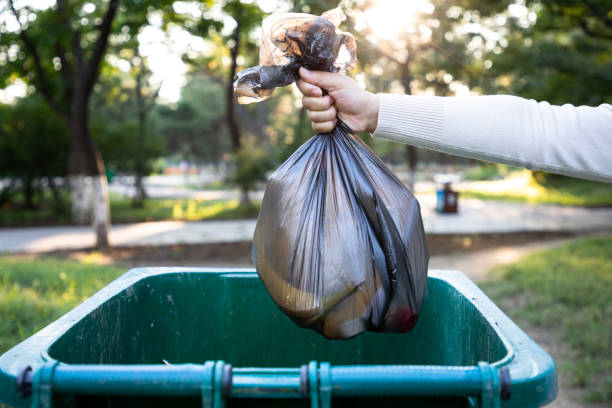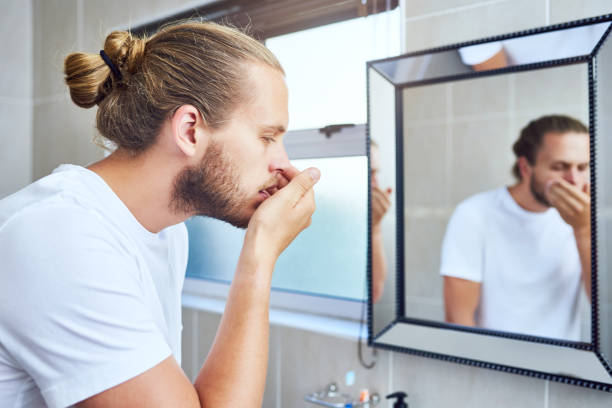Again and again one hears that aluminum foil is said to be harmful to health. We explain where you should avoid aluminum foil and which alternatives you can use when grilling.
Aluminum in everyday life
Aluminum is a light metal that occurs naturally on the one hand on earth, on the other hand, z. B. is released into the environment by industrial processes. Humans absorb aluminum mainly through food (as a natural component or as part of additives) and drinking water, but also cosmetics, antiperspirants, toothpaste, or medicines containing aluminum.
Aluminum & food

If food packaging containing aluminum, aluminum foil, or crockery made of uncoated aluminum comes into contact with salt or acid, aluminum ions can be released from the packaging or from the crockery and transferred to the food. For this reason, salty or acidic foods such as sliced fruit or vegetables, feta, sausage, marinated meat or fish, etc. should not be stored or prepared in aluminum foil. Aluminum cooking pots that are not coated should not come into contact with salty or acidic foods. Caution should also be exercised with ready meals made from aluminum trays because according to a study by the German Federal Institute for Risk Assessment (BfR), these too can have high aluminum contents. Aluminum ions can be transferred to food, especially when keeping uncoated meal trays warm, as they are often used in community catering (kindergartens, schools, nursing homes, and canteens).
Beverage cans, yogurt cup lids, or coffee capsules, on the other hand, are harmless. These are coated on the inside so that no aluminum ions are transferred to the food.
Health Effects
When considering the hazard potential of aluminum, the focus is on the effects on the nervous system, fertility, unborn life, and bone development. In healthy people, aluminum is excreted via the kidneys, but over the years it can accumulate, especially in the lungs and skeletal system. However, people with kidney failure are particularly at risk. Due to the inability to excrete aluminum, it accumulates in the body.
A connection between aluminum intake and the development of Alzheimer’s or breast cancer has not yet been scientifically confirmed.
Limit
The EFSA (European Food Safety Authority) has set the tolerable weekly aluminum intake level for consumers at 1 mg/kg body weight, i.e. the amount that can be taken weekly for a lifetime without having to expect any undesirable health effects oral intake derived from food.
Since the intake of aluminum cannot be avoided in all areas (environment, medicines, …), it is worth avoiding it where there are alternatives.
Grilling
Since carcinogenic polycyclic aromatic hydrocarbons (PAHs) are formed when fat drips into the embers when grilling, many people still use aluminum foil or aluminum cups. The bad news: Harmful substances are also released from the aluminum cups when they come into contact with acid or salt (e.g. marinated food). The good news: There are alternatives that make barbecuing a safe pleasure.
Grilling without aluminum foil

As a natural alternative to aluminum foil, e.g. B. cabbage, chard, or vine leaves, in which the food can be wrapped. Blanch hard leaves beforehand, so they become softer and easier to fold. Potatoes, fish, or vegetables can also be wrapped in baking paper. It is best to oil the paper a little and make sure that the temperature is not too high.
Aluminum grill trays can be replaced with grill trays made of stainless steel or enamel, which also offer the advantage that they can be reused. Teflon-coated silicone grill mats are now also on the market.
If you want to give your food a subtle smoky aroma, you can use wooden grill paper to wrap it or place meat, fish, vegetables, etc. on grill boards or planks made of wood (usually cedar or beech). The boards can be used several times, just soak them in water before grilling. This creates a light smoke and the boards do not burn.
Grill woks made of coated steel are suitable for the gentle preparation of fresh vegetables.










